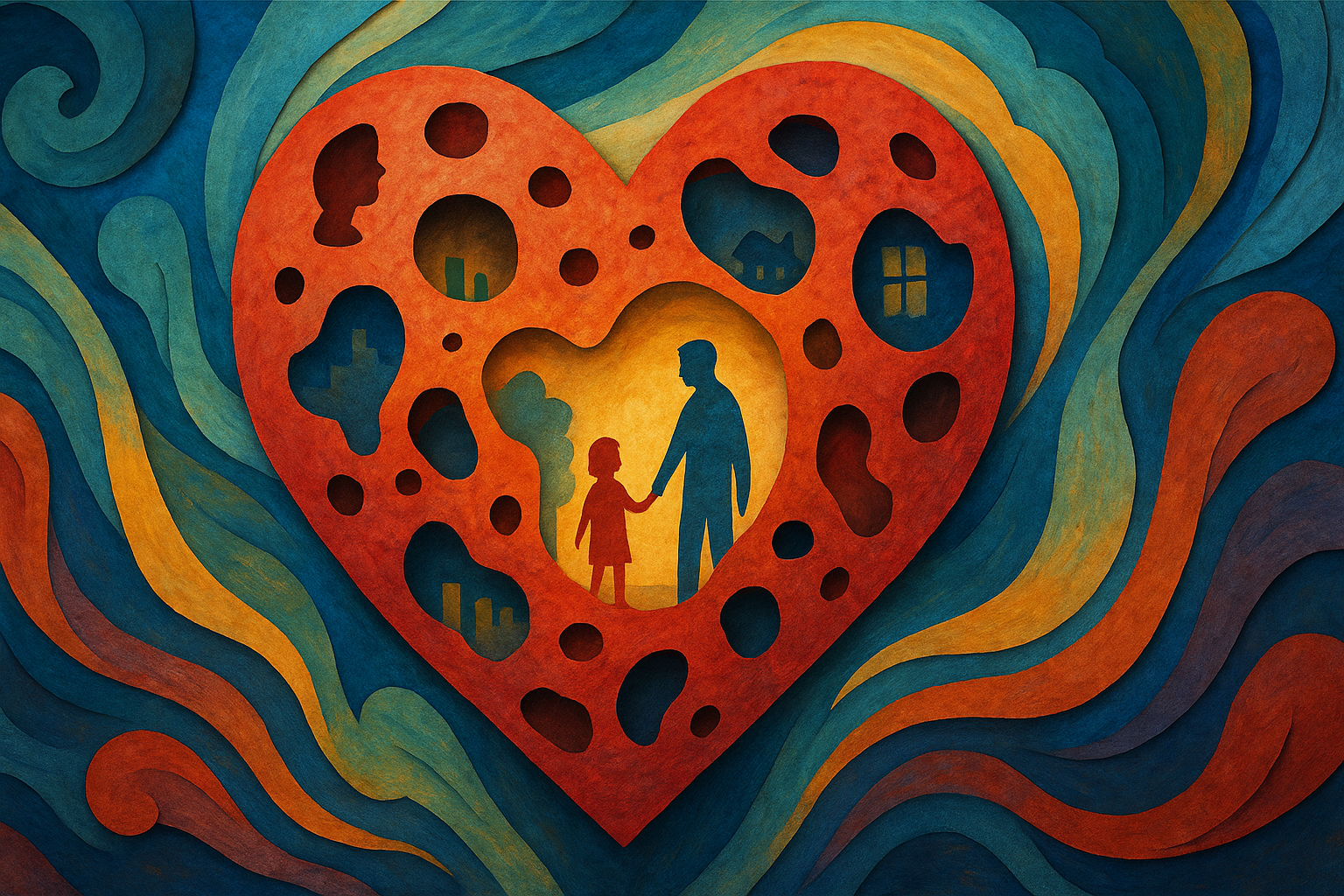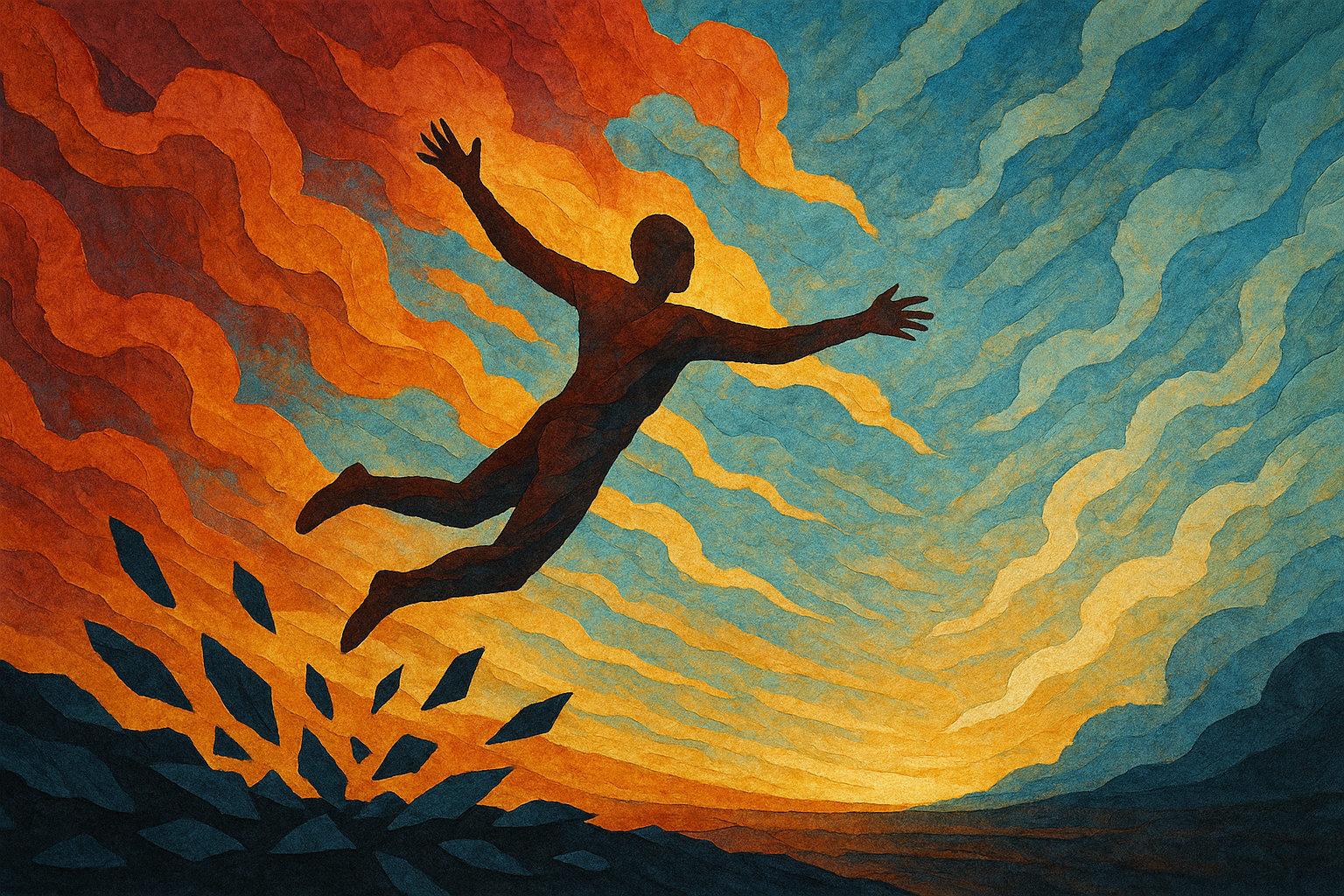I’ve seen too many people attack the program that saved my life. But their problem isn’t AA itself; it’s some of AA’s members.
I got sober because of Alcoholics Anonymous. I believe with every pore in my body that had it not been for the program, I wouldn’t have been able to put down drugs and alcohol over 12 years ago and wouldn’t be able to live the life I do today.
 For a long time, out of what I then considered respect for the 11th tradition, I didn’t publicly identify as a member. In my first novel, Party Girl (which was so autobiographical, I didn’t even bother to act coy about it), I actually switched various AA-related words to protect the program: I used “guidelines” for “steps,” and “apologies” for “amends.” And when I went on TV to promote that book or to talk about the addictions of various celebrities, I always explained ahead of time that if the story they wanted to focus on involved AA, I couldn’t go on, because AA was an anonymous program.
For a long time, out of what I then considered respect for the 11th tradition, I didn’t publicly identify as a member. In my first novel, Party Girl (which was so autobiographical, I didn’t even bother to act coy about it), I actually switched various AA-related words to protect the program: I used “guidelines” for “steps,” and “apologies” for “amends.” And when I went on TV to promote that book or to talk about the addictions of various celebrities, I always explained ahead of time that if the story they wanted to focus on involved AA, I couldn’t go on, because AA was an anonymous program.
I said the same thing in late 2010.
And then, slowly, my perspective changed. As my years of sobriety—and talking and writing about addiction—continued, I began to realize that my desire to not mention AA had less to do with respecting the 11th tradition than with protecting AA from any more of the judgment was being heaped upon it.
From what I hear, AA is a harsh, religious, recriminating cult.
Before I came to AA, I considered it a cult for Jesus-worshipping freaks, who had nothing better to do with their time and needed something—anything—to cling to. Whatever I heard about the program (they hold hands! They pray! In unison!) I used to fuel that preconception. And that preconception kept me buying books about how AA didn’t work, while I slowly annihilated myself with years of drinking and cocaine.
There seem to be as many ways to interpret the 11th tradition as there are people in AA. Some swear that it means we should never give our last names when we talk about being sober; others say it means we’re allowed to say we’re in AA, so long as we’re not doing it in the press, or on the radio or in films. Still others preach that it means not outing someone else as a member. And there are those who insist that it means never telling anyone anywhere that we’re sober. AA-history obsessives will often tell us how necessary the 11th tradition was, back when alcoholism and addiction were considered horribly shameful; some insist that we still need to honor this tradition, while others say we should scream about our disease from the rooftops, to eradicate any left-over shame.
My own feeling is this: AA’s founders couldn’t have predicted the Internet or the world we live in now, where everything is everyone’s business. Bill and Bob didn’t know that one day anonymous online commenters would attack their program. When the traditions were written, AA was small, young and fragile. Today, it isn’t. And while many have tried to ignore, defame and destroy it since then, the fact is, they haven’t had much success.
But still, because AA doesn’t have a spokesperson, it can’t fight back or respond to the criticisms that are constantly hurled at it. So at a certain point, it seemed like it was okay—in fact, better than okay—to start being open about the program on this site, and allowing those who felt their lives improved by it to share that.
In short, I didn’t want to give people out there who were like me—that is, judgmental and alcoholic—any more reason to judge AA than they already had. Maybe, I thought, if we publicly shared how the program had saved us, we’d help open people’s minds. Whether that mission has been successful, I have absolutely no idea.
Trust me—my positive reaction to AA shocked the hell out of me at first. I honestly couldn’t believe that I didn’t encounter a bunch of glassy-eyed cultists, or tie-dyed followers of some New Age guru forcing newcomers to hand out flowers at the airport.
Well, let me clarify. I did encounter some people who lived up to my preconceptions—or were even worse—but they were not the majority. No, the overwhelming majority were the sort of people I’d been seeking my whole life: funny people, smart people, self-aware people—people who suffered from the same problems I did, but who knew how to talk about and deal with them in ways I hadn’t yet learned.
The last person I ever thought I’d be was Susie AA—the girl sitting in the front row of the meeting, or at a coffee shop highlighting her favorite passages in the Big Book. But that’s who I became. Turns out, I’d always been waiting for someone to give me rules for living beyond those my family had presented—which were mainly about going to an Ivy League school, making six figures at your first job and suing people before they sued you. Though I didn’t know it consciously at the time, I’d been seeking out information about how it was my self-obsession—well, self-obsession plus stimulants and depressants—that was making me so miserable.
I’m well aware that this is apparently not most people’s experience when they come to AA. From what I hear—mostly from anonymous commenters on The Fix—AA is not the welcoming, loving, non-judgmental solution to a miserable life that I discovered. Instead, it’s a harsh, religious, recriminating cult, filled with controlling assholes who are determined to believe that their way is the only way.
In some ways, I understand. After all, I have met, in AA, horrible, judgmental people, who are determined to believe that their way is the only way. And I’ve met, as you’d expect, people who are mentally ill.
I have been told, by a woman who was sponsoring me, that I wasn’t “really sober” because I was on anti-depressants, and asked to immediately get out of her car.
I have been ruthlessly shamed by another sponsor, because she put me on “dating restriction” for a year (not my first year of sobriety, by the way) and, nine months into it, I kissed a guy. She told me I hadn’t surrendered and “fired” me outside a meeting as I sobbed.
I have listened to women preach from podiums about how determined they are to help everyone they can—then had them not return my calls after they’ve agreed to sponsor me.
I have shared deeply personal things in meetings and had people approach me days or weeks later to give me unsolicited, offensive feedback about what I was doing that had caused me to feel the way I did.
The program is what you find in the Big Book—not the people who make up the fellowship.
I have been pulled aside by old ladies after I’ve shared and told that I was sharing “wrong.” And I’ve heard about even worse things: AA icons sleeping with newcomers, sponsors giving sponsees drugs—you name it.
But not one of these things has caused me to hate AA.
Maybe that’s because I was lucky enough to meet some genuinely, ridiculously amazing people when I first came in. Maybe it’s because I got sober in LA, where there is, arguably, less shame and more cheer about sobriety than anywhere else, so that the overall joy made it easier to overlook the sicker folk. Maybe it’s because I was so desperate when I got to AA that I couldn’t afford to think any differently.
Yes, there are assholes in AA. But you find them everywhere. And while AA, by the very nature of what brings people to the rooms, may have a higher percentage than some other places, that doesn’t make AA the asshole. If those people weren’t in AA, they would just be somewhere else, doing their best to give that somewhere else a bad name. The program is what you find in the Big Book—not the people who make up the fellowship.
Hey, you can still hate AA. But if you go there, and encounter someone who tells you that you have to get sober his way, or shames you for not doing exactly what she says, I just ask that you consider going to another meeting or reaching out to another person—to consider that this individual might be the problem. The people in AA whose lives seem to be working are, from what I can tell, those who remember that good AA’s don’t tell anyone how to do anything; who reinforce the fact that the steps are merely suggestions; who don’t say you must believe in some almighty God, but just ask you to consider that perhaps you’re not the one in charge of everything.
All of which is to say that maybe, just maybe, your hatred is misdirected. At the very least, now you can direct it toward me instead of the program. After all, I’m the one telling you that you don’t feel the way you say you do.


